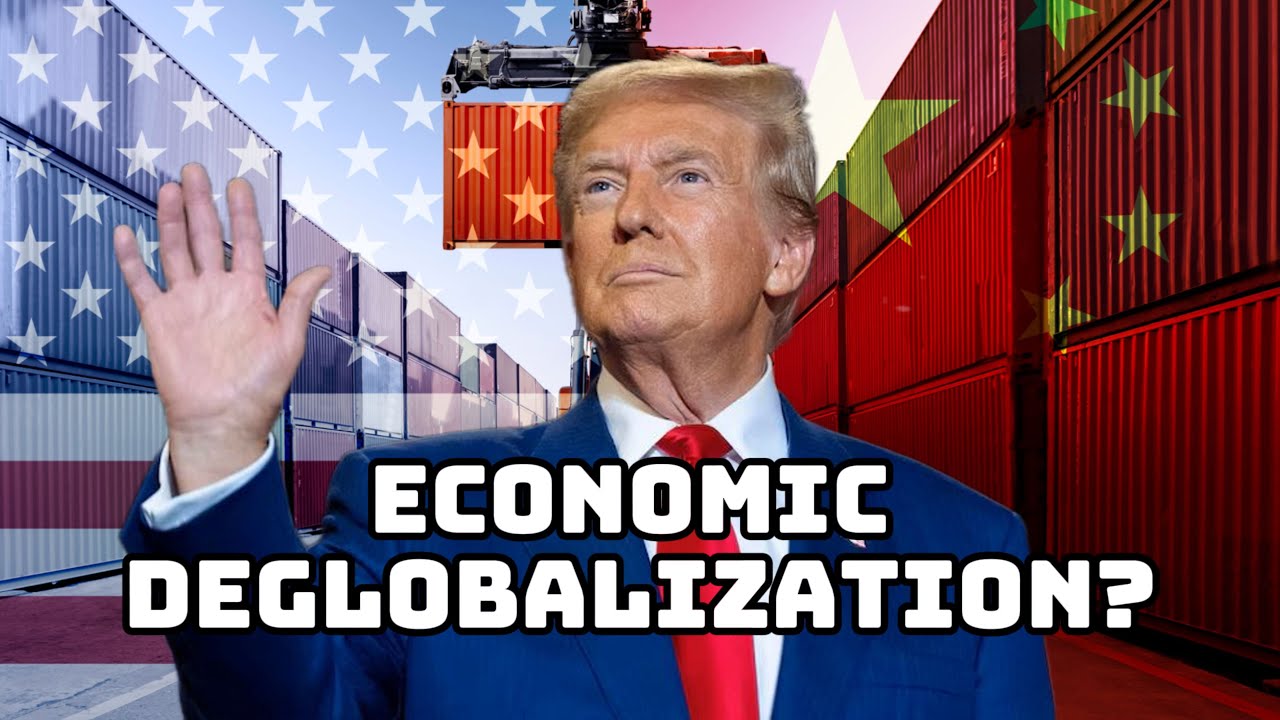In 2018, Trump launched a Sino-US trade war. The United States cracked down on Chinese technology companies, such as imposing sanctions on Huawei, placing chips and other high-tech products on the ban list, and even asking its allies to join in containing China, which plunged enterprises like Huawei and SMIC into difficulties.
Morris Chang of TSMC believes that globalization is dead, and TSMC’s management, adhering to this concept, keeps most of its chip manufacturing in Taiwan.
Personally, I think globalization will not stop; it is just that the US-led globalization has become a thing of the past. If the United States does not change its arrogant foreign policy, it will be abandoned by the world trade system, and its hegemony will also come to an end.
During the Cold War, the United States and its Western allies, having advantages in productivity and production efficiency, advocated globalization, making the world lean towards them. When Japan’s market competitiveness surpassed that of the United States, the US joined hands with European countries to force Japan to sign the Plaza Accord, which led Japan into a predicament.
Differences and Advantages Between China and Japan Back Then
China has become the “world’s factory” through international trade and poses a threat to the United States in areas such as production efficiency, product innovation, and the Internet. China’s economic scale (calculated by purchasing power parity) has exceeded that of the United States. It has a complete industrial chain, a large population and territory, a huge domestic consumer market, as well as strong military forces and an independent foreign policy, which are different from Japan back then.
Other International Actions of the United States and Their Impacts
While attacking China, the United States has also taken actions against Russia, supported Israel in expanding the scale of the Middle East war, and neglected the developing countries in regions such as Asia, Africa, and Latin America. In contrast, China is building infrastructure in these regions to help them develop their economies.
Economic Conditions of the United States and Its Allies
The United States uses the US dollar hegemony to harvest its allies. The allies that follow the US in containing China (such as Britain, France, Germany, etc.) are in a poor economic state, and they will eventually resume normal trade with China.
The Trend of Globalization
In today’s world with highly developed information, globalization is an inevitable trend, and trade protectionism has no future. As long as there are good technologies, products, and services, they will be applied globally, which the United States cannot stop. The US-led globalization and hegemonic system are disintegrating.

